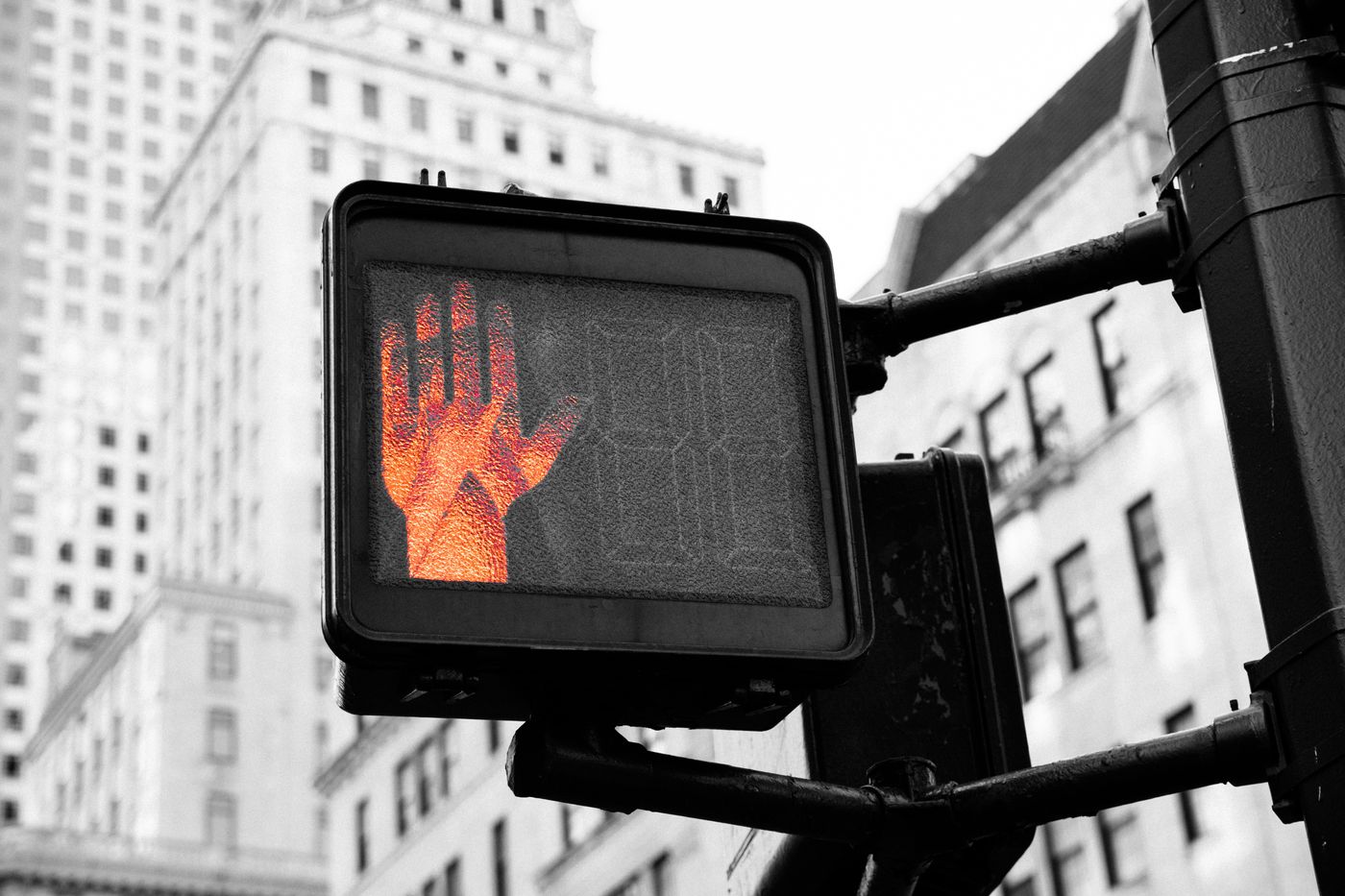
現為國際新聞編譯,寫新聞編譯也寫評論。有一個日本新聞編譯平台叫【石川カオリ的日本時事まとめ翻譯】 🌐網站:https://changyuchieh.com/ 🔍社群帳號請搜尋:石川カオリ的日本時事まとめ翻譯 📨電子報:https://changyuchieh.xyz/
First-instance found guilty of hate crimes against North Korean and Korean communities in Japan
Takumi Arimoto, who lives in Sakurai City, Nara Prefecture, was indicted by the prosecuting unit for "arson on a building other than his current residence" for setting fires against bases of the Korean and Korean communities in Japan one after another. Today (8/30), the judgment of the Kyoto District Court was released. Judge Masuda Keisuke pointed out that crimes committed because of prejudice and disgust cannot be tolerated in a democratic society.

Hate sentiments influenced by online information
On July 24, 2021, he set fire to the North Gee Branch of the Korean National Association in Japan and a Korean school in Nakamura District, Nagoya. Although there were no casualties, he caused damage to buildings. On August 30 of the same year, he set fire to an empty house in Kyoto Prefecture's "ウトロ 51", and the fire continued to burn 7 buildings. Although there were no casualties this time, the 7 buildings were either completely destroyed or half destroyed. The signboard originally planned for the "ウトロ Peace Memorial Hall", which opened in April this year, was also damaged.
The ウトロ area is an area of approximately 11,000 square meters located in Iseta-machi, Uji City, Kyoto Prefecture. Before the Second World War, it was originally a planned site for the military Kyoto Airfield, and after the war it became a base for the lives of Koreans and Koreans in Japan.
For more details, please refer to the old article: "ウトロ (Utoro) 51" and the Peace Memorial Hall to Inherit and Record the History of "North Koreans and Koreans in Japan"
A group of appointed lawyers composed of residents of "ウトロ51 Fandi" and other victims argued that this series of crimes was a hate crime against North Koreans and South Koreans in Japan, and called on judges to impose harsher sentences.
Yumoto also admitted in court that although he had no contact with people from South Korea or North Korea in the past, he was influenced by information on the Internet and had hostile feelings toward South Korea. He also admitted that the reason he set fire to "ウトロ 51" was to prevent the opening of the "ウトロ Peace Memorial Hall" in April this year. The empty house that was set on fire was where the exhibits were collected. As for choosing Nagoya as the first crime location, it was because in 2019, the special exhibition "Expression Unfreedom Exhibition - After That" (あいちトリエンナーレ 2019, Aichi Triennale 2019) was held in Nagoya. Not free exhibition・その后) .
Further reading: Three-day emergency call card, 2019 Aichi Triennale "Exhibition of Unfreedom of Expression - After that" was intimidated
The prosecution believes that Yuben Takumi just lost his job before committing the crime, and the main motive for the crime is to eliminate the negative emotions of losing his job, but it is undeniable that the parties unilaterally hate the Korean and Korean communities in Japan and related groups. In addition, the suspect burned the exhibits of the "ウトロ Peace Memorial Hall" in an attempt to attract attention from the outside world. The motive for the crime was quite selfish.
A verdict that can be temporarily reassured
The focus of this judgment is whether the judge will impose a heavier sentence. Because Japan signed the United Nations "International Convention on the Elimination of All Forms of Racial Discrimination" as early as 1995, and established the "Hate Speech Elimination Act (ヘイトスピーチ Removal Act)" in June 2016, but this Act does not have any penalties. There are certain difficulties in implementation. So far, Japanese criminal judgments have never called for increased sentences on the grounds of "racial discrimination." So this case is quite representative.
Faced with the result of this verdict, Kim Soo-hwan, deputy director of the "ウトロ Peace Memorial Hall", and an appointed lawyer from the "ウトロ51" area said that the judge made the judgment based on the information of the prosecution, and the representative judge also agreed with the seriousness of this series of arson incidents. In other words, it is a verdict that can be temporarily reassured. But on the other hand, it was also mentioned that this time the judge used "prejudice and disgust" to describe the motive for the crime, rather than clearly pointing out the danger of racial discrimination. The court's decision is still a long way from confronting discrimination head-on.
Zhao Tienan, the affairs director of the Aichi Prefecture Headquarters of the Korean National Association in Japan, also said that although he expected the verdict to mention that "hate crimes are not allowed", the verdict reflected everyone's voice in some aspects. Japan does not currently have laws related to hate crimes, and I hope to promote the formulation of relevant laws in the future.
Hate crimes need legalization
Yasushi Oka, a lawyer familiar with discrimination issues, commented that although the word "discrimination" was not used in this verdict, the judge determined that this series of criminal acts was prejudice against a specific ethnic group, which is a big step forward for criminal cases. verdict.
She also said that, as far as the law is concerned, there is no hate crime-related norm or legal norm in Japan. Although the judge admitted to a certain extent that this is a crime against a specific ethnic group, if he encounters other judges after appealing this case, A different verdict is likely. If the results of this verdict are to be used as the trial standards for future related crimes, it is necessary to legalize the judgment of hate crimes.
This article is simultaneously published inthe Japanese current affairs まとめ translation of Kaori Ishikawa .
Like my work?
Don't forget to support or like, so I know you are with me..
Comment…